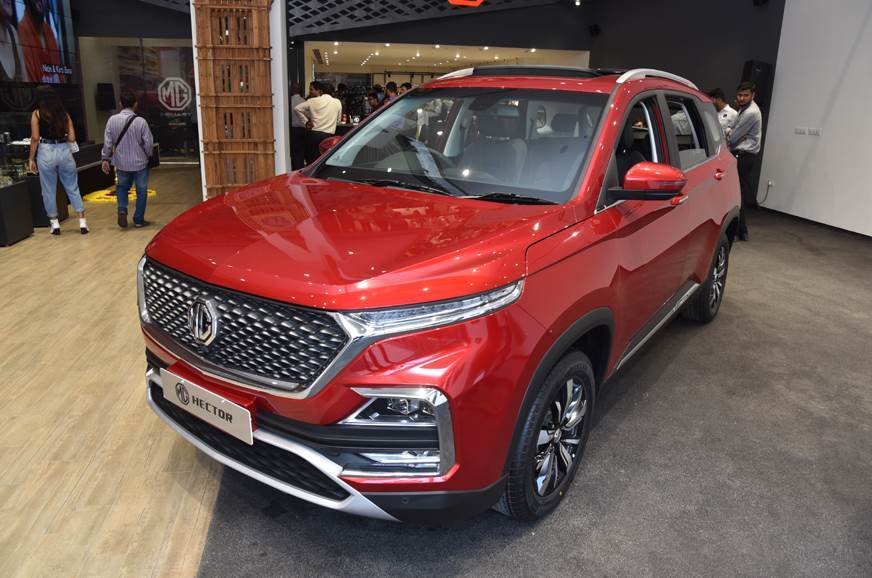At the ongoing Paris Motor Show, Renault has just unveiled its K-ZE concept car which previews the all-electric Kwid. And while the company has not revealed technical details they have claimed a range of 250kms in the NEDC (New European Driving Cycle) for the production version.
However, despite this being a relatively-speaking affordable EV, it’s still some time before it makes it to India. “It would logically one day make it to India as the platform, which is based in China, can be transferred easily to India and also because the Indian Prime Minister wants electric cars in the market,” Carlos Ghosn, Chairman and CEO of Groupe Renault, said in reply to a question from Autocar India at the Motor Show, before adding that “I’m not talking about it (India) today because we are going to go step-by-step and the first step is China. It doesn’t mean the Kwid electric will not go to India but I’m just saying I’ll go where the market is and for the moment, China is the most promising market for EVs,” he said. Ghosn was non committal on the timeframe for introduction of the Kwid electric in India.
However, Fabrice Cambolive, Renault’s senior VP, chairman for Africa-Middle-East-India, was a bit more specific about the electric Kwid’s India launch, saying that Renault plans to introduce at least one electric vehicle in the country by 2022 as a part of its ‘Drive the Future’ mid-term plan from 2017 to 2022. “We are going to stick to that mid-term plan. So it’s not a question of ‘if’ but ‘when’,” Cambolive said. At present, with flagging sales, Renault’s strategy is to grow the brand rather than enter altogether new segments. It is currently working on a new MPV (codename: RBC) for India, which has been spotted testing in the country.
Ghosn said the Chinese market makes a stronger business case for Renault to introduce its Kwid EV as the country is the largest and fastest-growing market for electric vehicles and “the Chinese government is providing the most incentives to support electric cars.” He added that China is a clear priority over India because India’s passenger vehicle market is at around four million units per year while that of China is 27 million units per year. Moreover, China sold 7,77,000 plug-in hybrid and EVs in 2017 (including 6,52,000 pure EVs) while only around 25,000 EVs were sold in India in 2016-17.
There’s a growing skepticism among Indian automakers that government is not walking the talk when it comes to India’s electric mobility ambitions. As a result, carmakers are unable to really commit to EVs. In a recent mobility summit in the capital, Prime Minister Narendra Modi spoke about driving investments across the value chain from batteries to smart charging to electric vehicle manufacturing. However, no policy for electric or alternate fuel powered vehicles was announced and there is still ambiguity around the second phase of the FAME scheme too. Besides, there’s also the matter of readying adequate infrastructure for EVs and having sufficient supply of electricity as well.
If and when the electric Kwid makes it to our market, the costs will also have to be reigned in and from our conversation with Renault engineers, we understand that an EV would typically cost 60 percent more to make than a conventional powered version.
from Autocar India https://ift.tt/2IviHHD
via IFTTT

No comments:
Post a Comment